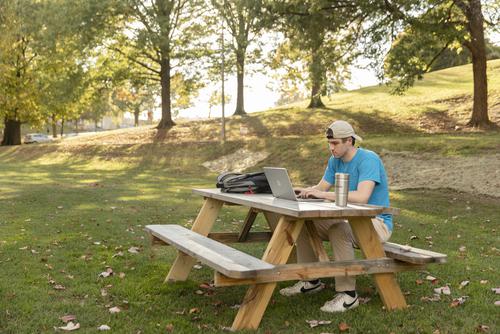Office of the Provost
Continue to main contentHigh quality academics: That’s what we do.
The Office of the Provost provides leadership, support, energy, and innovation to all the academic programs at Southeast Missouri State University. Our focus is to ensure our students are successful in work and life. Learn more about the quality of our academic programs and the resources we offer to help students through their college journey.
About the Provost
Learn more about the Chief Academic Officer for Southeast Missouri State University, Provost Dr. Mike Godard.
Academic Research
Take part in Southeast’s exciting research programs! Learn about opportunities for undergraduate and graduate students and recent faculty developments.
Graduate Studies
Southeast’s graduate programs expand your knowledge and help to advance your career. Explore master’s, certificate, and specialist degrees in online and on-campus formats.
Student Resources
Redhawks learn responsibility during their time at Southeast. They learn to keep up with assignments and to treat others with respect.
One University Plaza, MS 3400
Cape Girardeau, MO 63701



